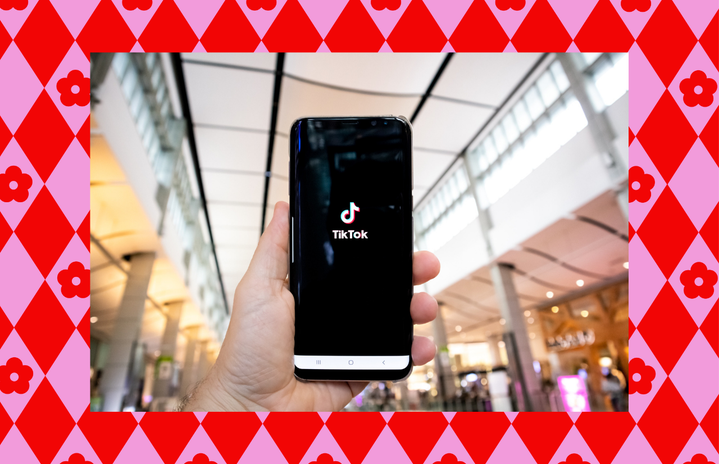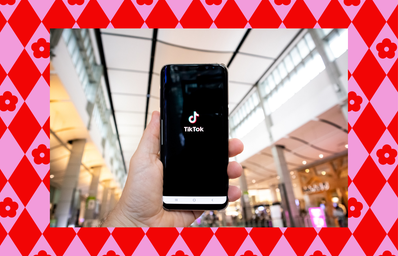If you spend a week on TikTok you’ll realize that there is a craving for uniqueness on the internet. People want to believe their entire identity is completely original. This intention extends into favorite things as well. To keep their perceived uniqueness, people tend to “gatekeep” their interests in order to keep originality.
When someone gatekeeps their favorite things, it means that they are limiting who can also show interest in the thing. This can get extremely harmful when applied to things like books, movies, celebrities, singers, tv shows — really anything with a fan base. People tend to enforce their gatekeeping rules by drawing lines between “real fans” and “fake fans.”
I have seen this mostly in TikTok comments sections. A common example I see is with artists or songs. If someone posts a video with a certain song, you can bet that the people in the comments are going to be enraged over maintaining the popularity of the song. Even if it is a highly popular song, commenters will make a point of commenting about how they don’t want people to find out about the song. Gatekeepers will go to any extent to make sure their interests are protected. Gatekeeping, for the most part, can be annoying but unharmful; however, when taken to extreme levels, gatekeeping has unfavorable effects.
For example, gatekeeping has led to a revolution of believing liking basic and popular things is bad. While I feel like we are kind of exiting the era of hating popular things because they’re popular, there is still a lot of hatred for popular things.
Gatekeeping has also diminished the idea of a casual fan. Considering that the internet perceives only real fans as those who dedicate their lives to the community, there is now a demand to know everything about your interests. If you aren’t ready to defend your title as the number one fan, then the internet determines you don’t deserve to be a fan at all. It feels like there has to be proof of fan status.
This movement is all to keep the internet cliques small, believing that they are the only ones entitled to their interest. Those who are in search of new experiences and entertainment are shut out or told that they’re not allowed to be a fan. You better claim your spot as an original fan, but even that can guarantee that you won’t be interrogated over your knowledge. The issue extends to people trying to hide large pop stars and act like there is a limit on who can be a fan of them.
Gatekeeping, in fragments, doesn’t cause much harm. However, it’s annoying to go into the comment sections and see people panicking that their favorite thing has been ruined by the internet. Having your interests become popular isn’t the end of the world.


